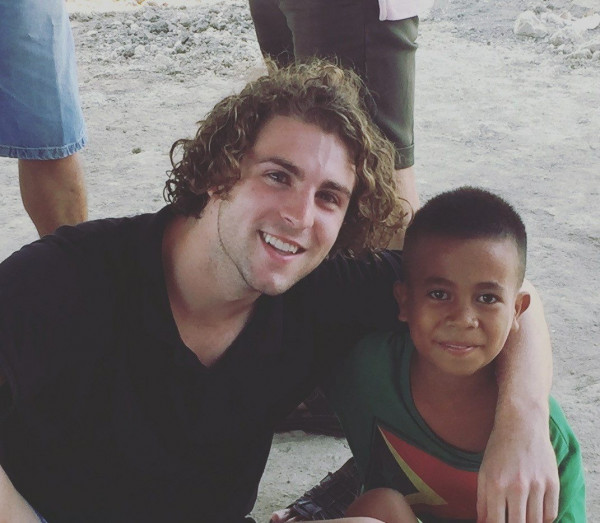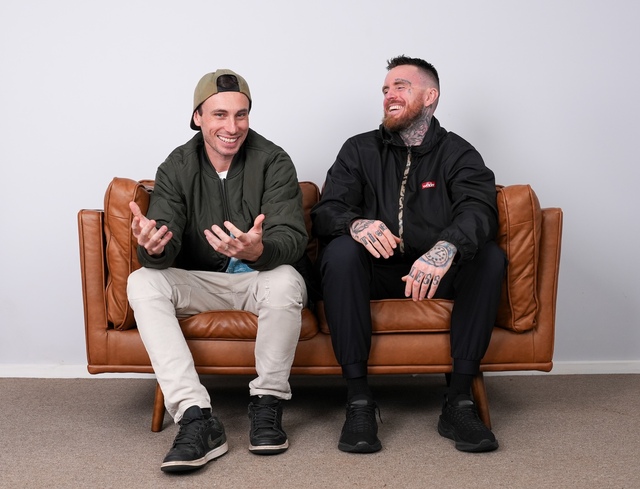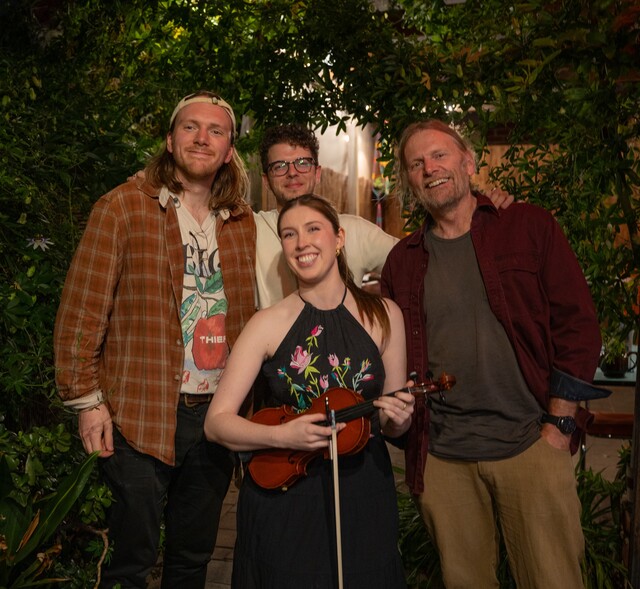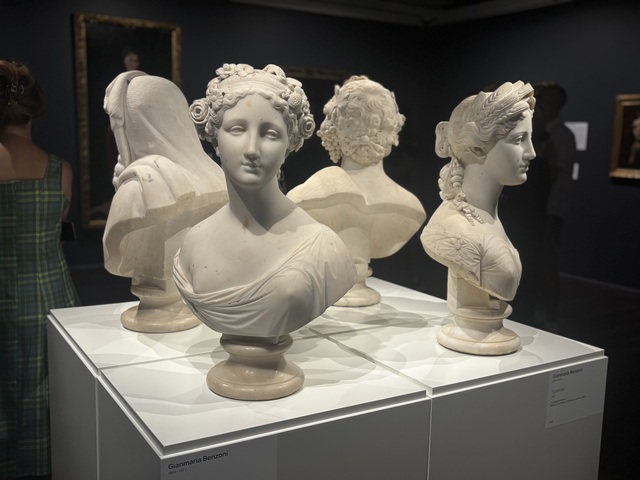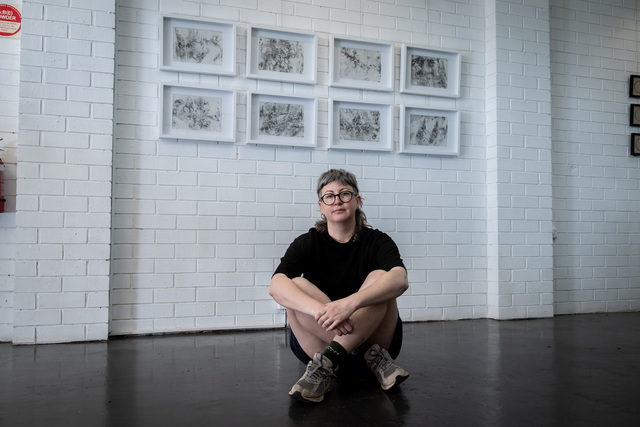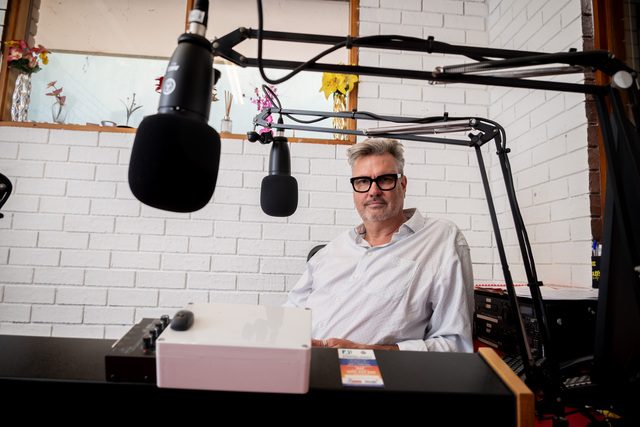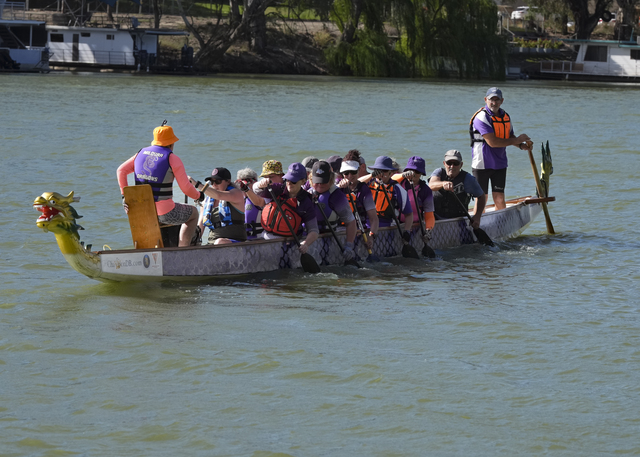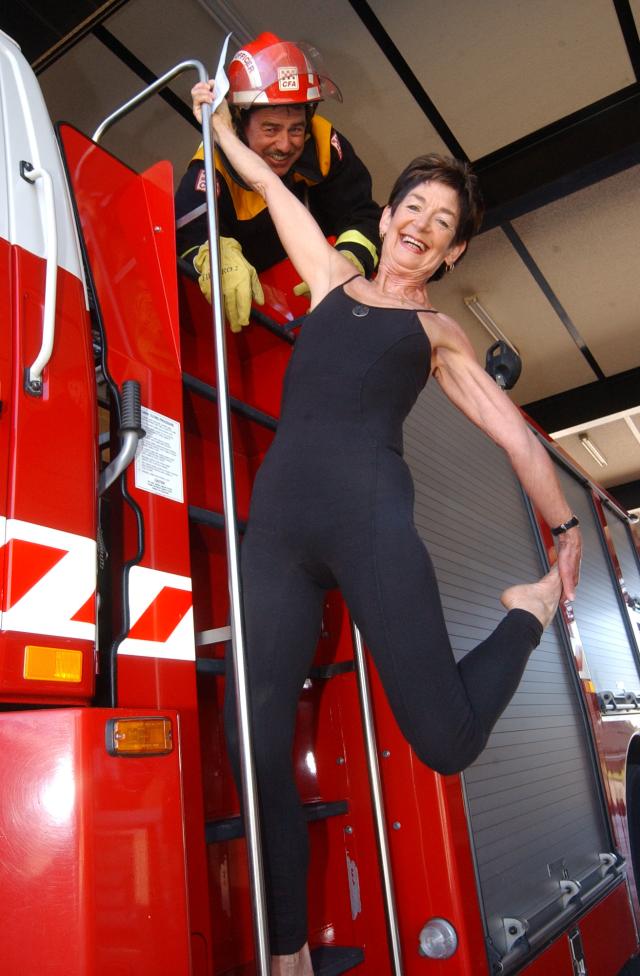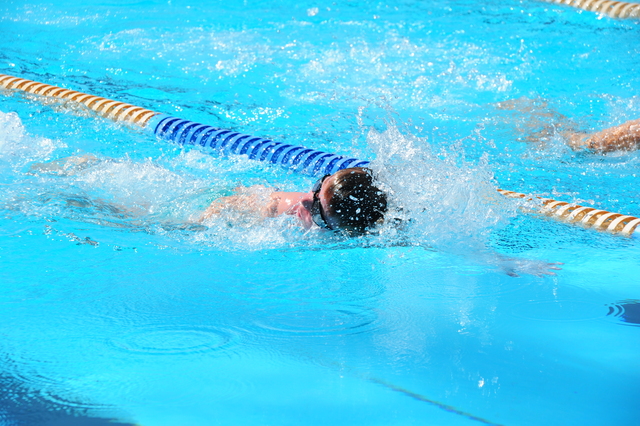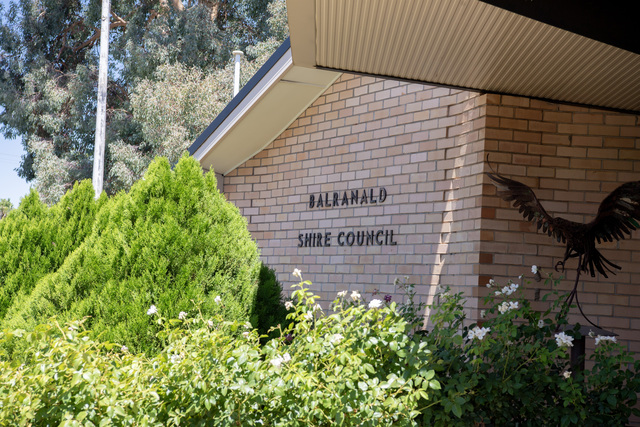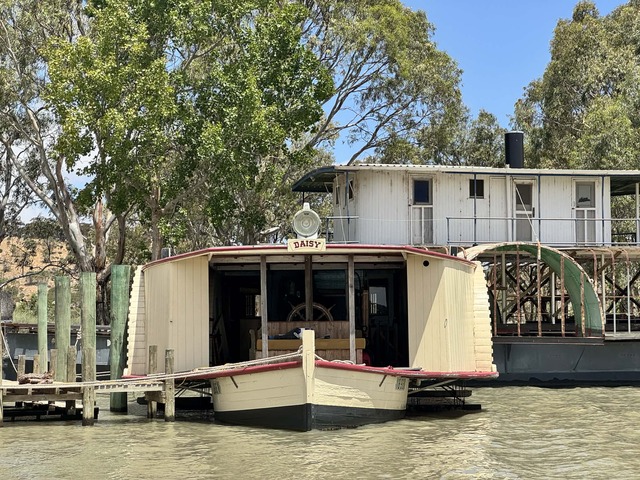Despite the poverty he witnessed in East Timor, student Jayden Byrne found resilience and warmth during a life-changing two-week trip. He speaks to Simon Cameron about his experience.
MOST 21-year-olds spend the two weeks before Christmas socialising with friends and family, relaxing and enjoying the holiday period.
But for Mildura’s Jayden Byrne, a fortnight spent assisting a doctor provide basic medical needs for people in remote villages of East Timor was the furthest thing from a usual Christmas.
Jayden, who is in the last year of a Bachelor of Medical Imaging degree at UniSA in Adelaide and wants to go on to do a degree in medicine, says volunteering in the impoverished nation is an experience he will cherish.
East Timor is ranked among the world’s poorest nations, with almost 42 per cent of its population living below the poverty line. According to a 2010 Census, only 36 per cent of the population had access to electricity, a figure that falls to 19 per cent in rural areas.
“It’s a bit of an eye-opener really, to take a step back from all the nice stuff we have here and get an actual picture of how some of the people are living over there and the conditions they’re living in,” Jayden says.
“It’s just like dirt flooring, no fridges, barely any electricity. (People) living off like $2 a day and eating a basic rice dish with a disgusting-tasting green vegetable in it, and that’s your feed for the day. That’s pretty shocking.
“These babies for example were covered in scabies. We only had enough money to give them topical creams to reduce that, but then we had to explain to the families ‘alright, you need to wash all your bedding, get rid of all the sheets because you’re just going to continue to have it’.
“It’s so hard to communicate that across as well. They have no idea about standards of health.”
Despite the poverty, Jayden was struck by the welcoming nature of the people.
“So happy, they always had a smile on their face,” he says.
“Little kids, they were just so happy. They’d come up and hug you, hold your hand. They were so happy to see foreigners.”
Jayden travelled to East Timor with fellow student Eliza Boulton, who is finishing her Masters degree in teaching.
“My intentions were to go over there and help a lot more with the doctor there and get a feel for that, and Eliza more so the education side of things,” he says.
“So we went to a couple of schools, sister schools with basic facilities and checked out all that.
“Basically we had two days where we set up, kind of like a portable clinic with medicines and stuff that we’d fundraised.
“The villagers would come in, there were 100-150 patients with a pretty open consultation process and then we obtained data for more resources for medicine.
“You need government funding for that, which required us to get things like blood pressures, weight, height, history-taking, almost like a nursing role. We assisted the doctors where we could.”
Obtaining an education is something that can often be taken for granted in wealthy countries like Australia, but Jayden says it is almost revered in East Timor.
“They still hold education over there as an amazing thing to do,” he says.
“The kids that get into university are the absolute top because their parents can’t afford to pay fees for uni whereas here it’s just like every second kid … if you want to go to uni, you go to uni.”
But he believes education is the key to helping overcome poverty. One example he cites is in the medicine field. While in Australia, students studying medicine can do six years of undergraduate studies and four years of post-grad before gaining their degree, things are vastly different in East Timor.
“The facilities were so basic,” he says. “Even the training, the accreditation for the medical professionals over there was pretty poor. Three years for a medical degree which they had to learn in Spanish.
“I think they need a lot better standards of education and people like us to go over to help them out in that regard and show them ‘this is a better way to do things’.
“(They need a) lot more funding. But it’s not even funding. Going over and doing volunteer work for longer periods and actually teaching in all fields, regardless of what it is, I think that could improve.”
The trip was organised through Brother Mark Paul from Aquinas College in Adelaide, a residential college for tertiary students where Jayden stayed while studying.
Asked what he had gained on a personal level from the trip, Jayden replied: “Gratitude. I think being a lot more appreciative for what you already have rather than trying to always hold your hands out for more.
“We need to give back a lot more than we are now. I think we can do a lot more than we currently do in that regard.”

